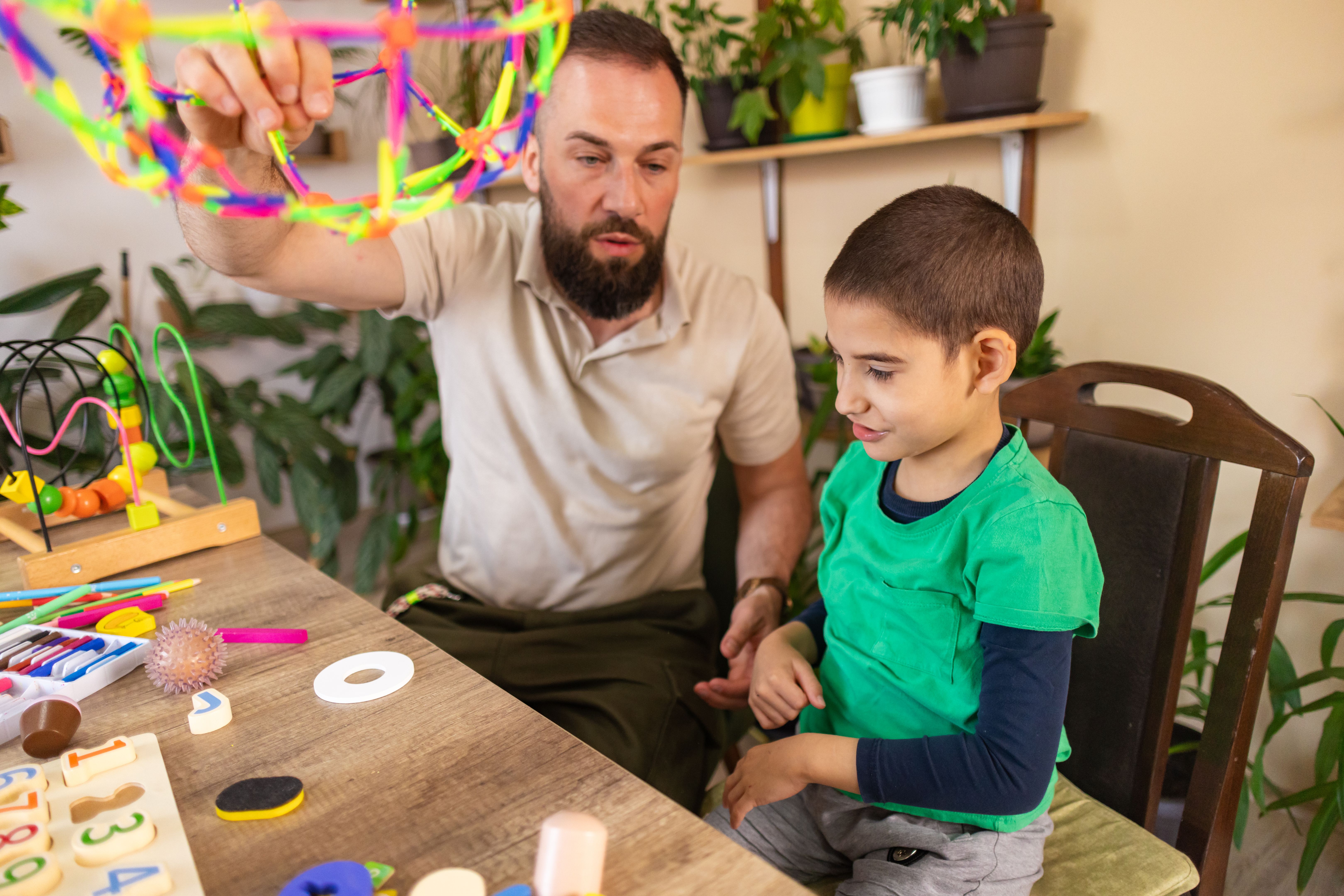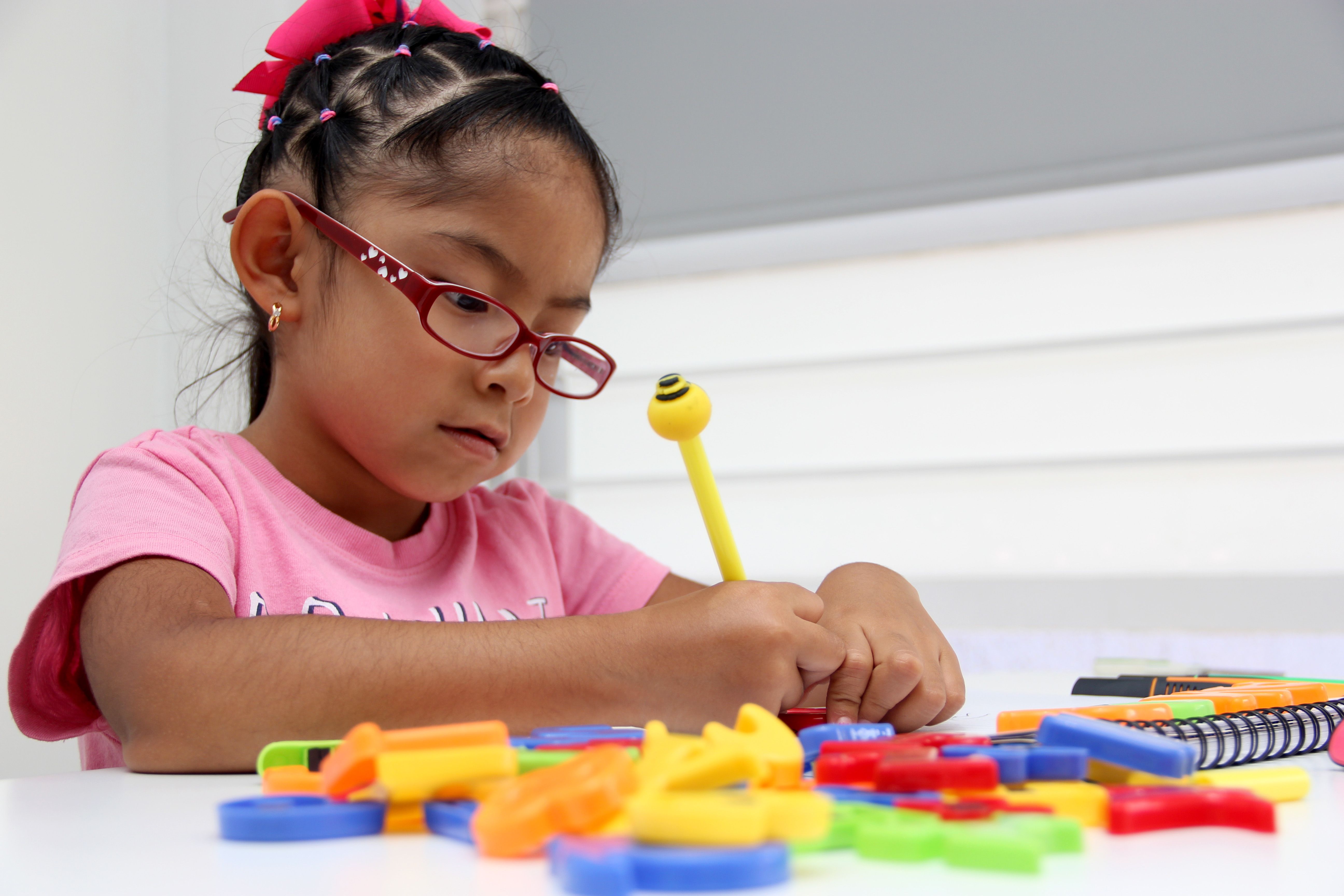Debunking Autism Myths: A Guide for Dads
AD
Understanding Autism
As a father, learning that your child has autism can be a journey filled with emotions, questions, and the overwhelming need to understand. Autism Spectrum Disorder (ASD) is often surrounded by myths and misconceptions, which can be confusing and misleading. This guide aims to debunk some of these myths, providing clarity and support for dads navigating this journey.

Myth 1: Autism Is Caused by Bad Parenting
One of the most persistent myths is that autism is the result of bad parenting. This myth can place undue guilt on parents, particularly fathers who often feel a strong responsibility for their child's development. Autism is a developmental disorder with neurological and genetic components. It is not caused by parenting style. Understanding this can relieve some of the pressure and enable you to focus on supporting your child effectively.
Myth 2: All Autistic People Are Alike
The phrase "If you’ve met one person with autism, you’ve met one person with autism" underscores the diversity within the autism spectrum. Every individual has unique strengths and challenges. As a dad, recognizing and celebrating your child’s individuality is vital. This personalized understanding helps in tailoring support that addresses specific needs, fostering growth and happiness.

Myth 3: Autistic Individuals Lack Empathy
A common stereotype is that people with autism cannot feel empathy. In reality, many autistic individuals experience emotions deeply and are capable of empathy. They may express it differently or have difficulty interpreting social cues, but this doesn’t mean they lack understanding or compassion. Encouraging open communication and emotional expression can help bridge this gap.
Myth 4: Autism Can Be Cured
There is no cure for autism, but that doesn’t mean individuals cannot lead fulfilling lives. With the right support and interventions, people with autism can thrive in their personal and professional lives. Focusing on strengths rather than seeking a "cure" allows you to help your child develop skills and pursue interests that enrich their life.

Supporting Your Child
As a dad, your role in supporting your autistic child is crucial. Here are some actionable steps you can take:
- Educate yourself about autism through reliable sources.
- Engage in therapy sessions and interventions actively.
- Create a supportive and structured environment at home.
- Celebrate milestones, no matter how small they may seem.
The Importance of Community
Connecting with other parents of autistic children can provide support and shared experiences that are invaluable on this journey. Whether through local support groups or online communities, finding a network of understanding individuals can offer advice, empathy, and encouragement. Below is an image of autism dads meeting at a local sports Bar in Katy, Texas.

Embracing the Journey: A Dad's Closing Charge
Debunking myths is only the beginning. The real work—and joy—is building a life with your child where understanding replaces fear and curiosity replaces assumptions. Autism is not a verdict; it’s a different way of processing the world. When you lead with patience, presume competence, and interpret behavior as communication, you give your child room to grow on their timeline, not anyone else’s.
Your presence matters more than perfection. Show up to the appointment, the IEP meeting, the meltdown, and the celebration. Learn a few strategies (visual schedules, AAC basics, sensory supports), but also learn your child—their interests, cues, and strengths. Become their everyday advocate: ask good questions, push for services when needed, and invite professionals to partner with your family rather than speak over it. Listen to autistic voices, too; they’re your best guides for what dignity and inclusion look like in practice.
You’re not in this alone. Build a circle: your partner, extended family, teachers, therapists, and other dads who “get it.” Community turns hard days into doable days, and it keeps you resilient for the long haul. Take respite without guilt; sustainable fatherhood is a marathon, not a sprint.
Fatherhood on the autism journey is about building a world where your child can flourish. Bring your steady presence, your willingness to learn, and your love. That combination changes outcomes—and it changes culture.
